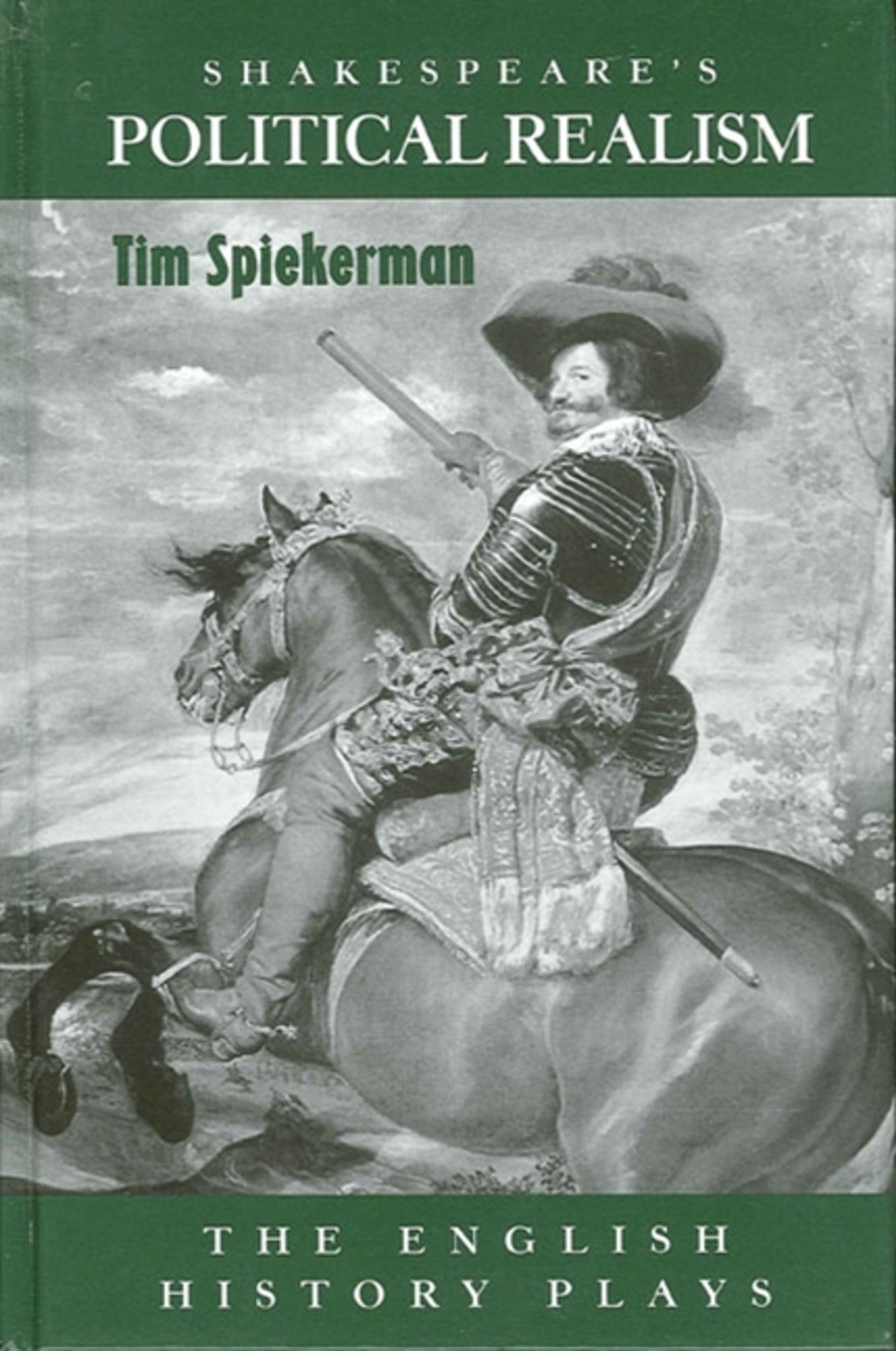We're sorry. An error has occurred
Please cancel or retry.
Shakespeare's Political Realism

Some error occured while loading the Quick View. Please close the Quick View and try reloading the page.
Couldn't load pickup availability
- Format:
-
25 January 2001

Explores the continuing relevance of important political themes in five of Shakespeare's English History plays.
This book provides fresh interpretations of five of Shakespeare's history plays (King John, Richard II, Henry IV, Parts I and II, and Henry V), each guided by the often criticized assumption that Shakespeare can teach us something about politics. In contrast to many contemporary political critics who treat Shakespeare's political dramas as narrow reflections of his time, the author maintains that Shakespeare's political vision is wide-ranging, compelling, and relevant to modern audiences. Paying close attention to character and context, as well as to Shakespeare's creative use of history, the author explores Shakespeare's views on perennially important political themes such as ambition, legitimacy, tradition, and political morality. Particular emphasis is placed on Shakespeare's relation to Machiavelli, turning repeatedly to the conflict between ambition and justice. In the end, Shakespeare's history plays point to the limits of politics even more pessimistically than Machiavelli's realism.


"Spiekerman's view of Shakespeare's politics is sound, judicious, and balanced. He convincingly shows that Shakespeare absorbed the lessons of Machiavelli's realism without simply going over to his cynical view of politics." — Paul A. Cantor, author of Shakespeare: Hamlet
"The book makes a solid case for taking Shakespeare seriously as an observer of permanent political issues and as a political teacher of the first rank for the English speaking world." — Edmund D. Carlson, Virginia Wesleyan College
Acknowledgments
1. Introduction: Shakespeare's Politics
2. King John
3. King Richard II
4. King Henry IV, Parts 1 and 2
5. King Henry V
6. Conclusion: Shakespeare and Machiavelli Revisited
Appendix: The Omission of the Magna Carta in King John
Notes
Bibliography
Index



